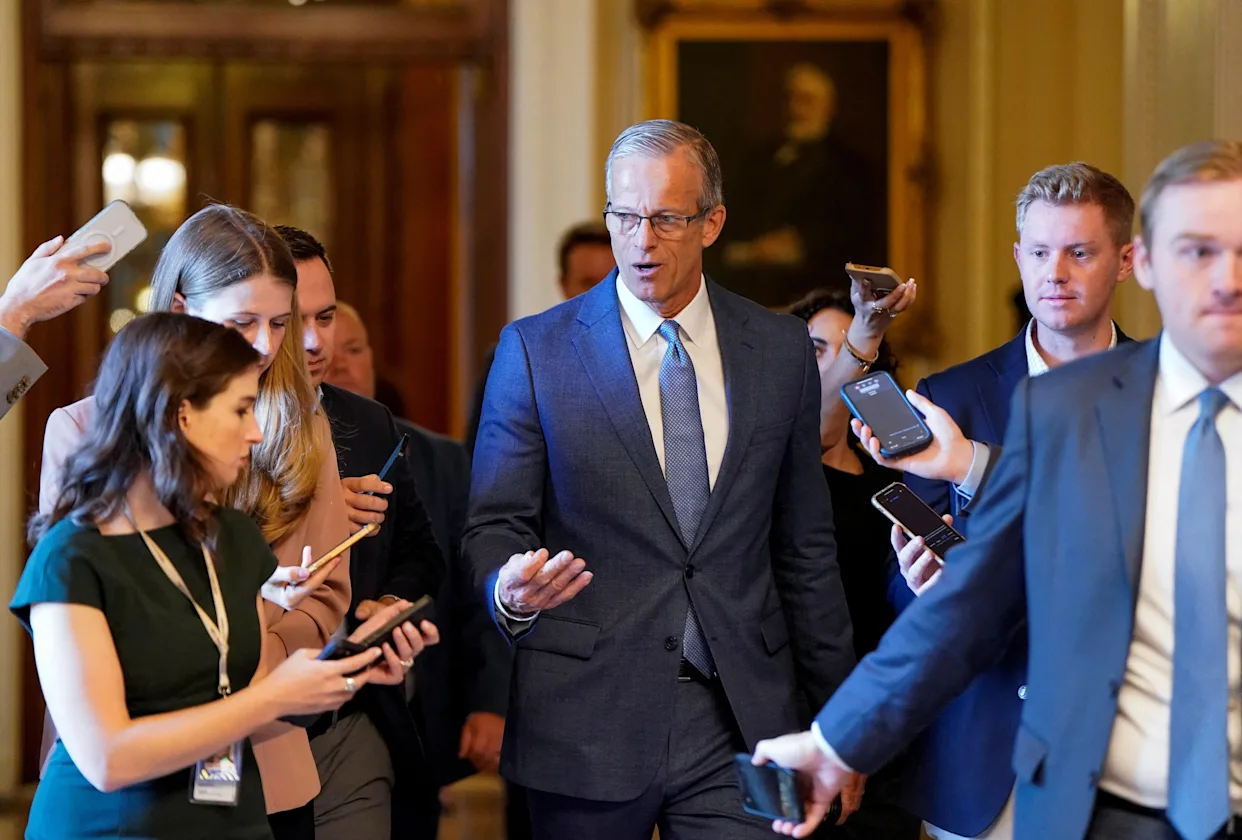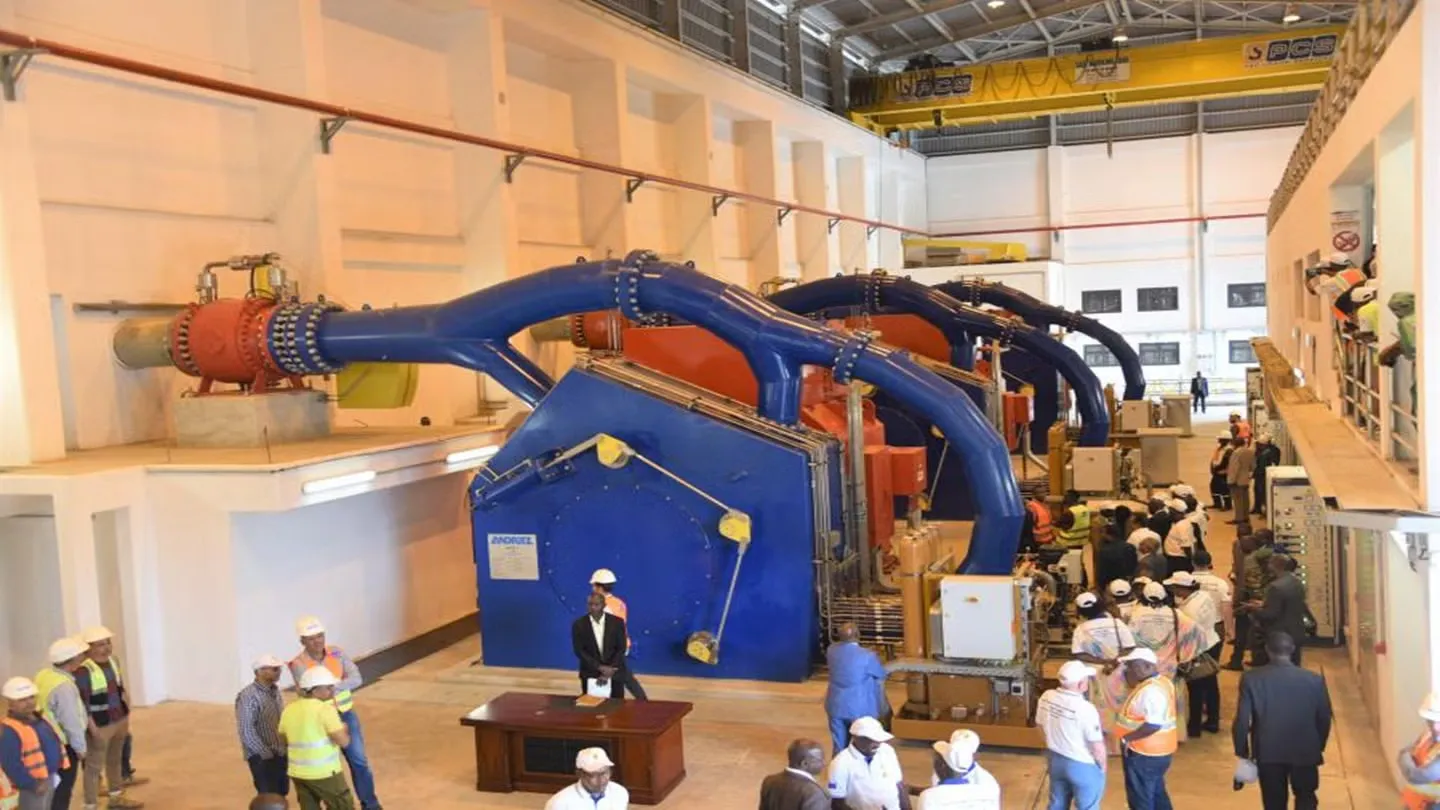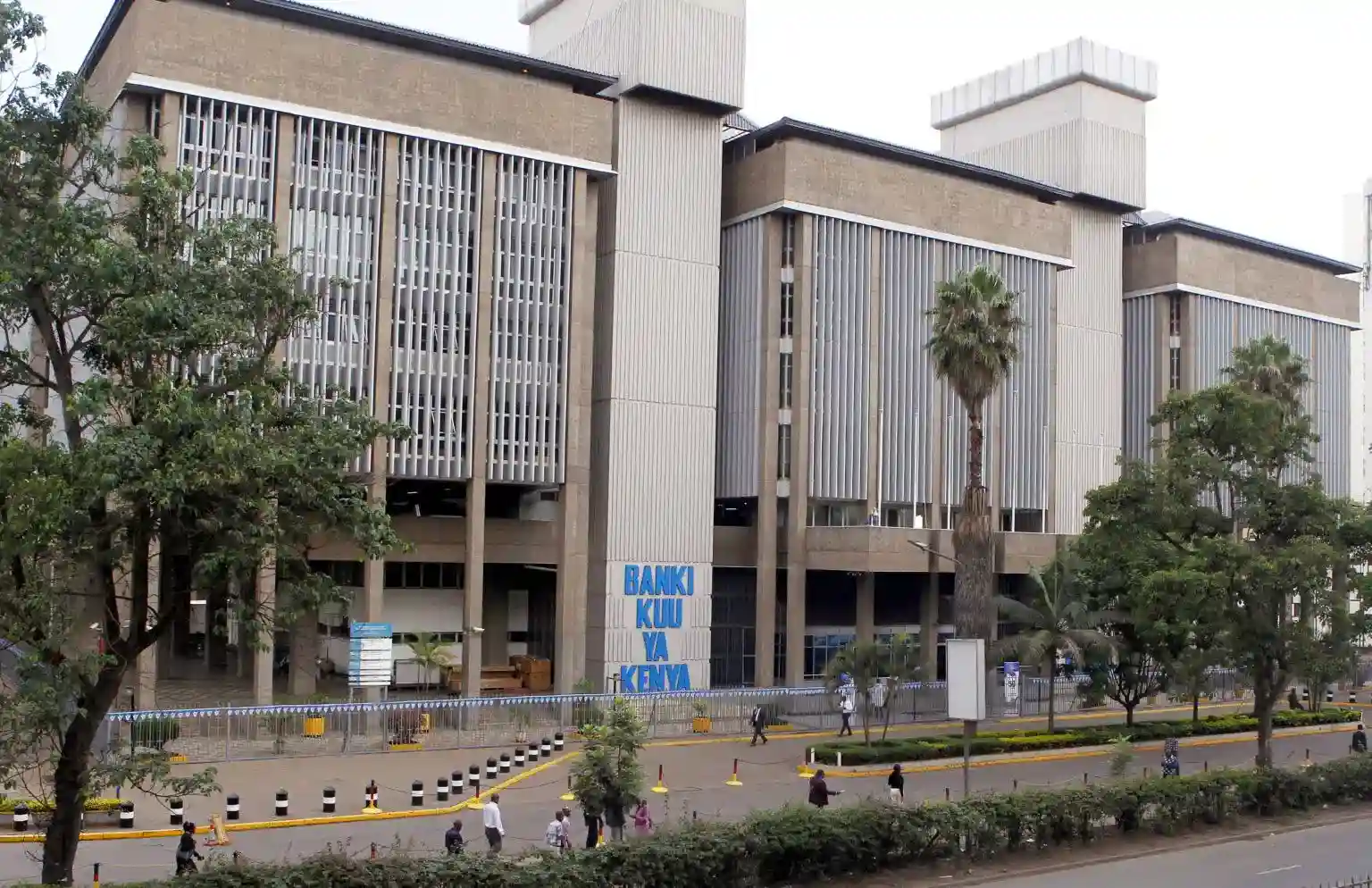In Nigeria, commercial banks are facing mounting pressure as they continue to withhold cash from customers, exacerbating an already tense situation of cash scarcity across the country. While banks claim the Central Bank of Nigeria (CBN) has failed to provide sufficient cash, the CBN maintains that the banks are hoarding funds. The stalemate has left millions of Nigerians struggling to access their money, sparking widespread frustration and concern. The situation is poised to escalate, with the potential for sanctions being imposed on the banks, should the Central Bank find them guilty of deliberately withholding cash.
A Blame Game Between Banks and the CBN
Nigeria’s deposit money banks (DMBs) are in the spotlight as customers queue endlessly at ATMs and bank counters, hoping to access funds that remain frustratingly out of reach. According to bank representatives, the problem stems from the CBN’s inability to supply enough cash to meet the needs of the public. A bank employee, who preferred to remain anonymous, stated, “It is the CBN that is responsible for this cash scarcity. We are not getting enough from them. They are just causing unnecessary suffering for the masses.”
On the other hand, the CBN accuses banks of hoarding cash. Hakama Sidi Ali, the acting director of corporate communications at the CBN, said, “There is cash out there. The CBN is giving to banks, except that most of this cash is in the hands of individuals. All these panic withdrawals and hoarding are ongoing.” This suggests a complex cycle, with cash not being returned to the banks as expected, thus disrupting the natural flow of funds in and out of the financial system.
An Ongoing Cycle of Scarcity
CBN sources have confirmed that the cash cycle has been broken, with individuals and businesses choosing to hold onto cash rather than deposit it in banks. This has created an unusual strain on the banking system, which relies on cash deposits to maintain liquidity and ensure sufficient cash reserves for withdrawals. Furthermore, some analysts argue that the scarcity has been worsened by the Nigerian government’s previous naira redesign policy, which removed old notes from circulation but did not adequately replace them.
The CBN’s naira redesign policy, which involved the withdrawal and destruction of old N200, N500, and N1,000 notes, was initially aimed at curbing corruption, enhancing financial inclusion, and combating inflation. However, many believe that it has contributed to a lower volume of physical cash, also referred to as M1 in economic terms. As a result, there is less cash available in the economy to meet demand, leading to a situation where more money is chasing after the same volume of goods, exacerbating inflationary pressures.
Inflation and the Impact on Cash Demand
Nigeria has been grappling with inflation, further fueling the demand for cash. The removal of fuel subsidies and the collapse of the foreign exchange regime earlier this year have made daily transactions more expensive. With inflation driving up the cost of goods and services, more cash is required to purchase the same volume of items that Nigerians previously bought. This has put an additional strain on an already cash-strapped economy.
According to the National Bureau of Statistics (NBS), inflation in Nigeria reached a high of 25.8% in August 2024, a significant increase from 24.08% recorded in July. The combination of rising inflation and cash scarcity has led to increased panic withdrawals and hoarding, as citizens fear that they may not be able to access their funds in the near future.
CBN’s Response and Sanctions
To address the cash scarcity, the CBN has taken several steps aimed at improving the flow of cash within the economy. During a press briefing at the end of the 297th Monetary Policy Committee (MPC) meeting in Abuja on September 24, CBN Governor Olayemi Cardoso emphasized that all deposit money banks must ensure that there is enough cash available for withdrawals at all times.
The CBN has set up a monitoring system to ensure compliance with its directives. This system involves spot checks on bank branches and ATMs to ensure that cash is being adequately dispensed. Governor Cardoso warned that any bank found guilty of hoarding cash or failing to meet the required cash flow standards would face penalties. “We ourselves have devised a monitoring system, a spot-checking system, whereby we will go to the banks and just ensure that these things are done in the way and manner in which they are meant to be done. And if they are not, again, there will be sanctions,” Cardoso stated.
In a bid to further alleviate the cash crisis, Cardoso also announced that the CBN plans to inject an additional N1.4 trillion into circulation over the next three months. This move is aimed at ensuring sufficient cash availability in ATMs and bank branches, thus addressing the challenges of cash shortages that customers have faced in recent months.
Economic Implications
The cash scarcity has had far-reaching implications for Nigeria’s economy. With the amount of currency outside the banking system decreasing to N3.66 trillion in July 2024, down from N3.79 trillion the previous month, it is evident that the CBN’s efforts to tighten liquidity and encourage deposits into the formal banking sector are having an impact. However, despite this decrease in currency outside the banking system, the total currency in circulation has only seen a marginal increase, from N4.05 trillion in June to N4.06 trillion in July. This slight growth suggests that while the economy is stabilizing in terms of cash usage, significant challenges remain.
Experts argue that the cash scarcity is likely to continue until there is a resolution between the CBN and the commercial banks. According to Bismarck Rewane, CEO of Financial Derivatives Company, “The cash shortage is a symptom of larger structural issues within Nigeria’s monetary policy framework. Until these issues are addressed, we will continue to see sporadic episodes of cash scarcity, especially during periods of economic stress.”
Broader Impacts on the Nigerian Economy
The ongoing cash scarcity has had a negative impact on various sectors of the economy. Small businesses, which rely heavily on cash transactions, have been particularly hard-hit. Many informal sector businesses in Nigeria operate on a cash-only basis, making them vulnerable to disruptions in the supply of physical currency. As cash remains scarce, businesses struggle to pay suppliers, wages, and other operational costs, ultimately resulting in decreased productivity and economic output.
In addition to small businesses, the agricultural sector has also faced challenges due to the cash scarcity. Many farmers, especially those in rural areas, depend on cash payments for their goods and services. The inability to access cash has led to delays in the sale of agricultural products, negatively affecting the livelihoods of farmers and rural economies.
Moreover, the ongoing crisis has also impacted Nigeria’s financial inclusion efforts. While the CBN has been promoting cashless policies to encourage digital transactions, the country’s large unbanked population remains reliant on physical cash. As access to cash becomes more difficult, those without access to banking services are disproportionately affected.
Conclusion
As Nigeria grapples with this ongoing cash scarcity, the standoff between the CBN and the country’s commercial banks continues to escalate. With each side blaming the other for the current situation, millions of Nigerians remain caught in the middle, struggling to access their own money. The CBN’s efforts to improve liquidity by releasing additional funds into circulation and its threat of sanctions against non-compliant banks may offer some hope of relief. However, until the underlying issues of hoarding, inflation, and monetary policy are addressed, the cash scarcity is likely to persist, with continued negative consequences for Nigeria’s economy and its citizens.
In the meantime, analysts and industry experts continue to warn of the broader economic impacts of the ongoing crisis. With inflation already at high levels and economic growth stalling, Nigeria cannot afford prolonged disruptions to its financial system. A swift resolution is critical to restoring confidence in the banking sector and ensuring that cash is available to meet the needs of the country’s population.
Photo source: Google
By: Montel Kamau
Serrari Financial Analyst
1st October, 2024
Article, Financial and News Disclaimer
The Value of a Financial Advisor
While this article offers valuable insights, it is essential to recognize that personal finance can be highly complex and unique to each individual. A financial advisor provides professional expertise and personalized guidance to help you make well-informed decisions tailored to your specific circumstances and goals.
Beyond offering knowledge, a financial advisor serves as a trusted partner to help you stay disciplined, avoid common pitfalls, and remain focused on your long-term objectives. Their perspective and experience can complement your own efforts, enhancing your financial well-being and ensuring a more confident approach to managing your finances.
Disclaimer: This article is for informational purposes only and does not constitute financial advice. Readers are encouraged to consult a licensed financial advisor to obtain guidance specific to their financial situation.
Article and News Disclaimer
The information provided on www.serrarigroup.com is for general informational purposes only. While we strive to keep the information up to date and accurate, we make no representations or warranties of any kind, express or implied, about the completeness, accuracy, reliability, suitability, or availability with respect to the website or the information, products, services, or related graphics contained on the website for any purpose. Any reliance you place on such information is therefore strictly at your own risk.
www.serrarigroup.com is not responsible for any errors or omissions, or for the results obtained from the use of this information. All information on the website is provided on an as-is basis, with no guarantee of completeness, accuracy, timeliness, or of the results obtained from the use of this information, and without warranty of any kind, express or implied, including but not limited to warranties of performance, merchantability, and fitness for a particular purpose.
In no event will www.serrarigroup.com be liable to you or anyone else for any decision made or action taken in reliance on the information provided on the website or for any consequential, special, or similar damages, even if advised of the possibility of such damages.
The articles, news, and information presented on www.serrarigroup.com reflect the opinions of the respective authors and contributors and do not necessarily represent the views of the website or its management. Any views or opinions expressed are solely those of the individual authors and do not represent the website's views or opinions as a whole.
The content on www.serrarigroup.com may include links to external websites, which are provided for convenience and informational purposes only. We have no control over the nature, content, and availability of those sites. The inclusion of any links does not necessarily imply a recommendation or endorsement of the views expressed within them.
Every effort is made to keep the website up and running smoothly. However, www.serrarigroup.com takes no responsibility for, and will not be liable for, the website being temporarily unavailable due to technical issues beyond our control.
Please note that laws, regulations, and information can change rapidly, and we advise you to conduct further research and seek professional advice when necessary.
By using www.serrarigroup.com, you agree to this disclaimer and its terms. If you do not agree with this disclaimer, please do not use the website.
www.serrarigroup.com, reserves the right to update, modify, or remove any part of this disclaimer without prior notice. It is your responsibility to review this disclaimer periodically for changes.
Serrari Group 2025





